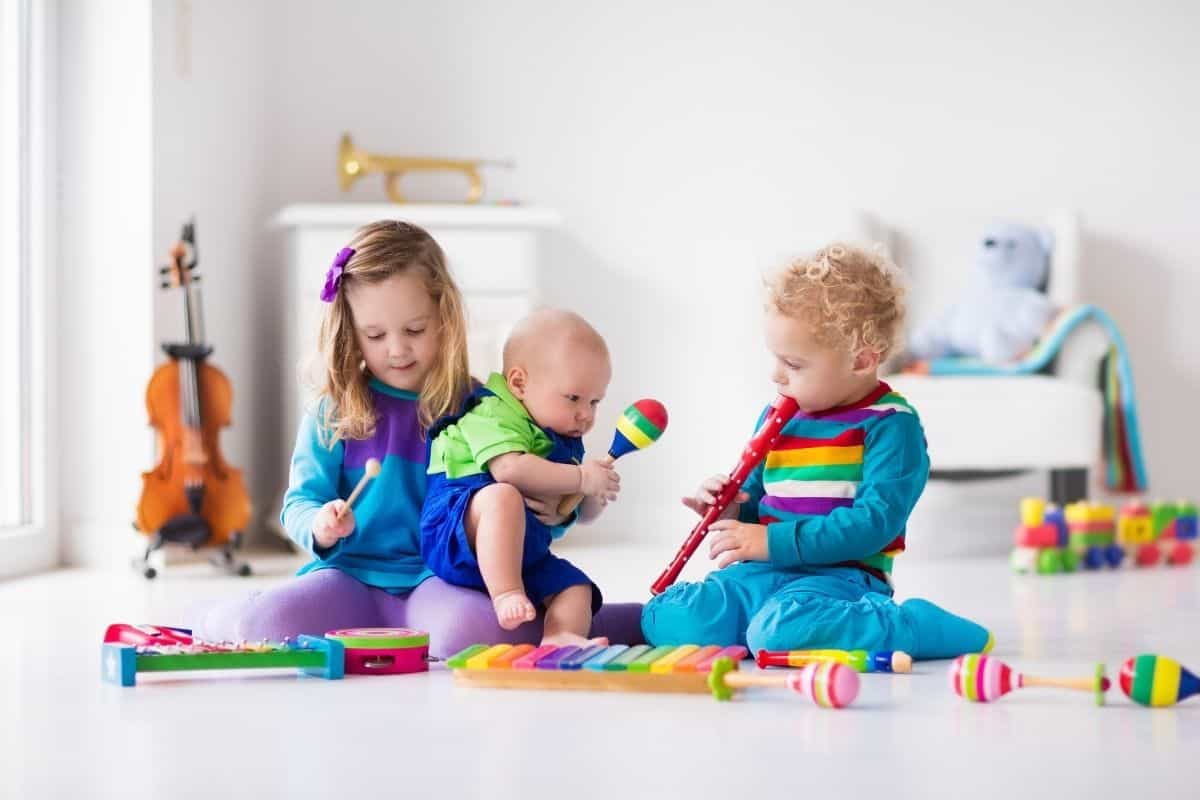
Music is a universal language that has been shared across generations and cultures, bringing comfort and joy to families. From the simple lullabies sung to soothe a baby to sleep, music plays a pivotal role in fostering a deep connection between parents and their children. As a pediatrician, I’ve observed firsthand the powerful effect of music in strengthening the bond between parent and child. At HealthPartners, we are committed to providing engaging musical opportunities for families, encouraging the integration of music into daily family life.
Music’s Role in Child Development
Music, combined with movement, is instrumental in the early stages of brain development in children. Engaging in singing introduces rhythm and rhyme, which are essential for the development of social skills, language acquisition, and emotional self-regulation. A key advantage of music is the quality time it facilitates between you and your child, allowing for meaningful interactions and emotional learning through facial expressions and cues.
Music not only serves as a tool for emotional regulation, calming both the heart and mind, but it also bridges cultural gaps, introducing children to diverse languages and traditions. Singing in your native language, as well as exploring songs from different cultures, fosters an environment of inclusivity and cultural appreciation.
Free Music Classes for Families
In collaboration with MacPhail Center for Music, HealthPartners offers “Sing Play Learn” classes designed for children aged 5 and under. These complimentary sessions are held weekly at various HealthPartners clinic locations, providing an excellent opportunity for families to explore music together.
Engage in Music at Home: 5 Fun Activities
1. Counting Melodies
Sing while counting your baby’s fingers and toes, incorporating rhymes and songs to enhance their understanding of numbers and rhythm.
2. Musical Freeze
Sing a tune with repetitive phrases like “We sing and we stop,” incorporating actions such as dancing or wiggling, to practice impulse control and listening skills.
3. Imagination Through Music
Use instrumental music to inspire creative movement and storytelling with your child, fostering spatial awareness and locomotor skills.
4. Songs for Routine
Utilize music to encourage positive behaviors, making daily routines like getting dressed more enjoyable and efficient.
5. Silly Songwriting
Experiment with changing the lyrics of familiar songs, encouraging creativity and laughter in your child.
Music is not only for daytime activities but also plays a crucial role in establishing a soothing bedtime routine. Gentle lullabies and melodies can significantly ease the transition to sleep, answering the age-old questions of how to help babies sleep better and through the night.
Incorporating music into your family’s daily life offers endless benefits, from educational and emotional development to simply enjoying the pleasure of shared musical experiences.
